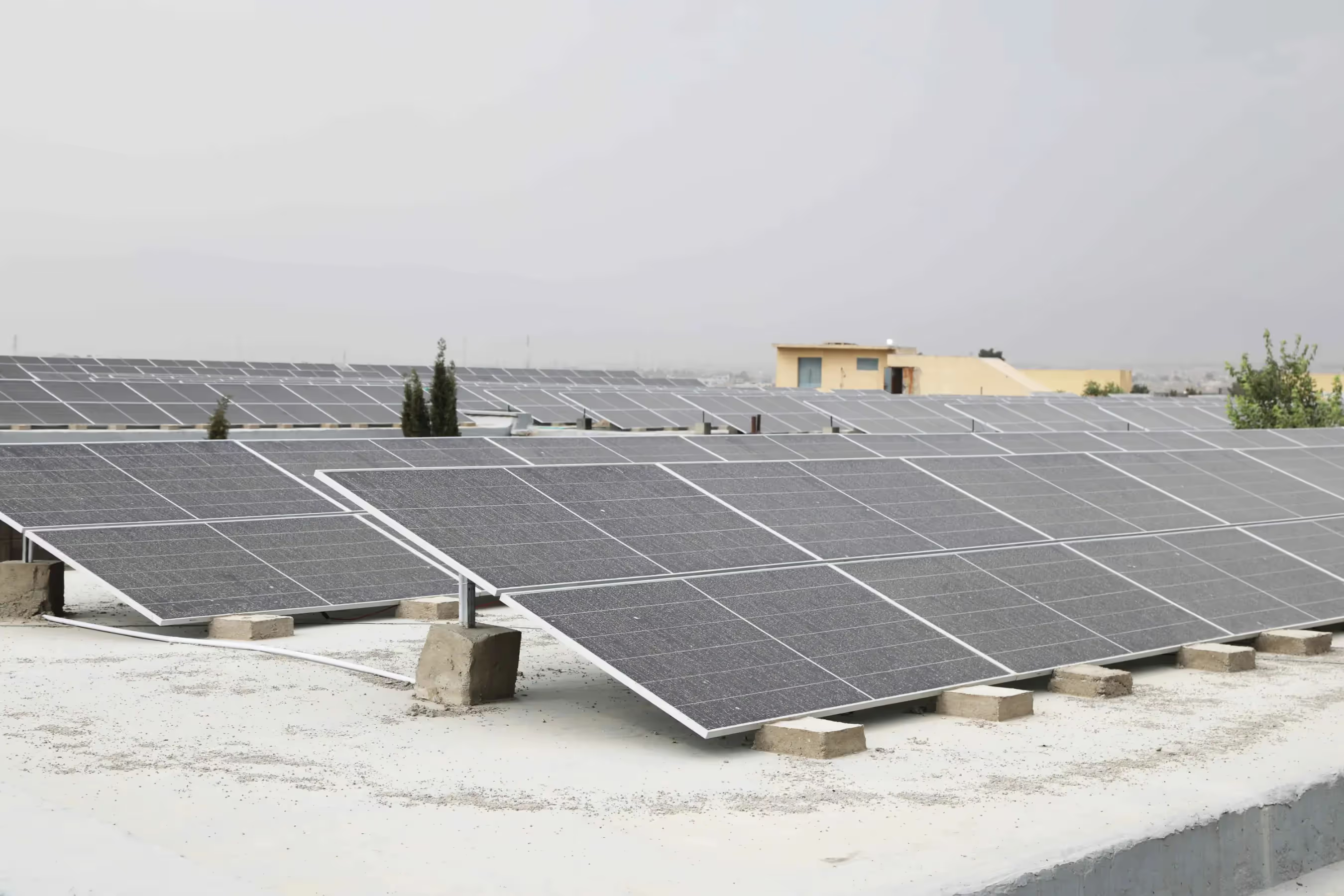LONGi and UNHCR provide solar energy system meeting complete power needs of Bolan Medical Complex in Balochistan

Date
July 30, 2025
read time
2
Minutes
Subscribe to the Press Newsletter
Contact info
Our friendly team would love to hear from you.
Nadine Bütow
Head of Corporate Communications, LONGi Distributed Generation Europe
nadinebuetow@longi.comUNHCR, the UN Refugee Agency, and LONGi Green Energy Technology Co Ltd., have installed a solar energy system at the Bolan Medical Complex, one of the largest hospitals in Quetta, the capital city of Balochistan province in Pakistan. The new system is expected to save around Rs. 70 million annually (ca. 209.000 EUR, 1.7.2025) in energy costs while reducing carbon emissions by approximately 468 tonnes each year.
The project aims to improve energy access at one of the largest hospitals in Balochistan, serving both Afghan refugees and members of the local Pakistani population. LONGi provided Hi-MO 9 solar modules for the project, which feature HPBC 2.0 technology. These modules are designed to perform efficiently under demanding environmental conditions and are expected to generate around 1.16 million kilowatt-hours of electricity each year which is enough to cover the hospital’s entire energy needs.

A ceremony to mark the completion of the solar project was held at Bolan Medical Complex. Attendees included representatives from the Government of Balochistan, UNHCR officials, and hospital administrators. Among them were Mr. Shehak Baloch, Special Secretary from the Health Department, Ms. Philippa Candler, UNHCR Representative in Pakistan, Mr. Tesfaye Bekele, Head of UNHCR Quetta, Mr. Arbab Talib, Commissioner for Afghan Refugees, and Dr. Liaqat Baloch, Deputy Medical Superintendent of the hospital.
During the event, Ms. Candler emphasized the role of sustainable energy in supporting public services, stating that improved access to reliable power contributes to better healthcare delivery for both refugees and host communities. She also acknowledged the involvement of the private sector in supporting shared goals related to energy use and climate considerations.
The solar installation is part of broader support efforts by UNHCR in the region. In 2024, through funding from the Korea International Cooperation Agency (KOICA), the agency supplied medical equipment to the hospital, including ICU beds, electrocardiogram (ECG) machines, and instruments for surgical and urology departments.
Earlier, in 2022, UNHCR also provided Bolan Medical Complex with diagnostic and surgical equipment aimed at improving the treatment of digestive diseases. This included endoscopy systems, AI-supported imaging tools, CO₂ insufflators, electrosurgical units, and other specialized devices.
UNHCR continues to work on projects that aim to support both displaced populations and the communities hosting them through access to services such as healthcare and clean energy.
